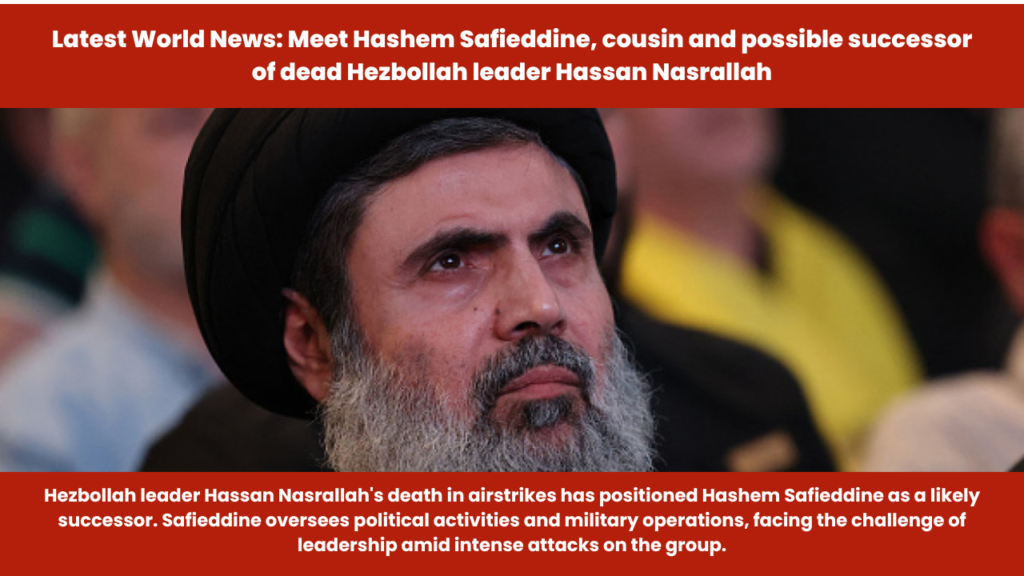The death of Hezbollah leader Hassan Nasrallah in an air strike on Lebanon’s capital Beirut has started a new discussion about successor. And it is speculated that Nasrallah’s cousin Hashem Safieddine will succeed him.
All you need to know about Hashem Safieddine
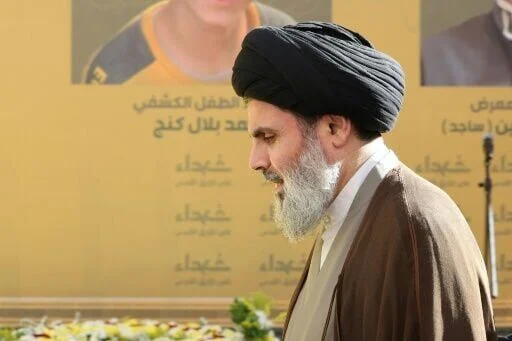
Like his cousin, Safieddine is is a cleric who wears the black turban denoting ostensible descent from Islam’s Prophet Mohammed. As the head of the executive council, he is responsible for overseeing the group’s political activities. He is also a member of the Jihad Council, which directs Hezbollah’s military operations.
In 2017, Safieddine was declared as a terrorist by the US State Departmen and earlier this year, he warned Israel to escalate tension after the death of another Hezbollah commander.
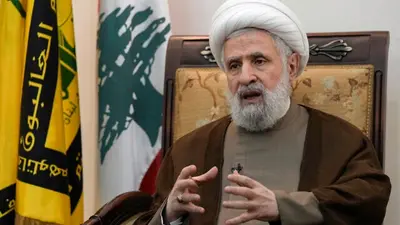
In a recent speech in Dahiyeh, a Hezbollah stronghold in the southern suburbs of Beirut, Safieddine expressed the group’s support for the Palestinian cause, stating, as quoted by Times of Israel, “Our past, our weapons, and our missiles stand with you,” in a clear gesture of solidarity with Palestinian militants.
His family ties and a physical resemblance to Nasrallah, as well as his religious status as a descendant of Mohammed, would all count in his favor, the report said.
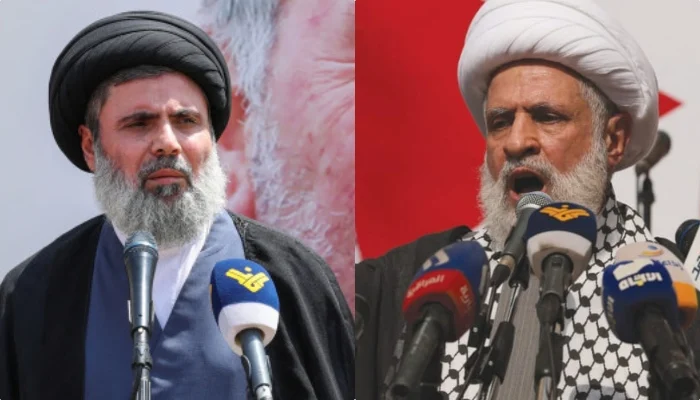
All you need to know about Nasrallah death
Hezbollah confirmed the death of Nasrallah, 64, after an earlier statement by the Israel Defense Forces on Saturday. As questions swirled about how Hezbollah would respond, the group vowed to maintain the fight against Israel and reminded fighters of their pledge of loyalty, a stance echoed by Iran’s supreme leader, Ayatollah Ali Khamenei.
“The resistance forces will determine the fate of this region with the honorable Hezbollah leading the way,” he said in a post on X. Lebanon will make Israel “regret its actions,” he added, an indication Tehran may not be planning a direct response.
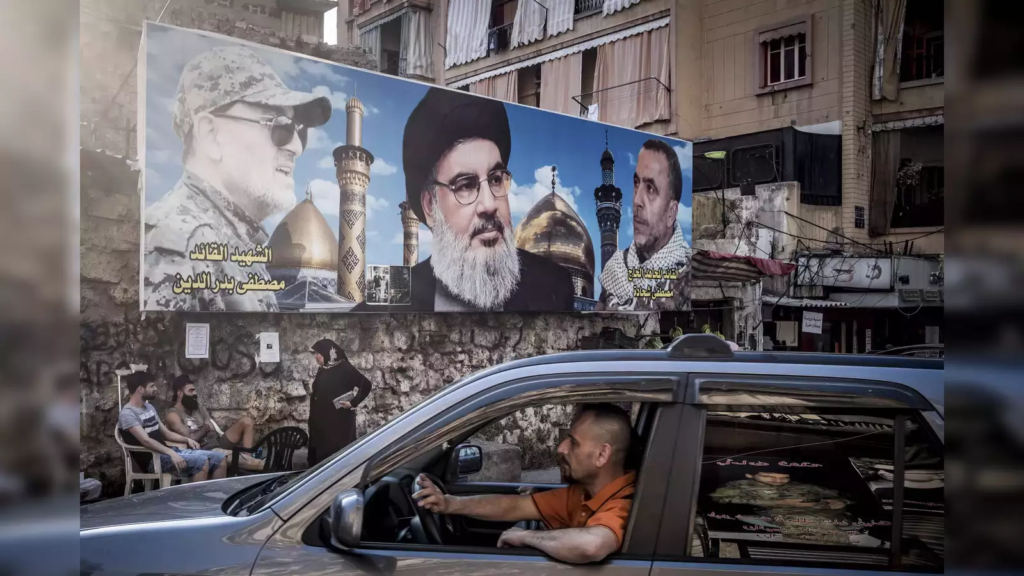
Hezbollah began striking Israel from Lebanon on Oct. 8, a day after the ongoing Israel-Hamas war erupted in Gaza. A near-daily exchange of cross-border missile and drone strikes was largely contained until earlier this month, when Israel began a huge bombardment of large parts of Lebanon.
More than 1,000 people have been killed since Sept. 16, with thousands more wounded, according to the Lebanese Health Ministry, alongside some of Hezbollah’s most senior commanders.


